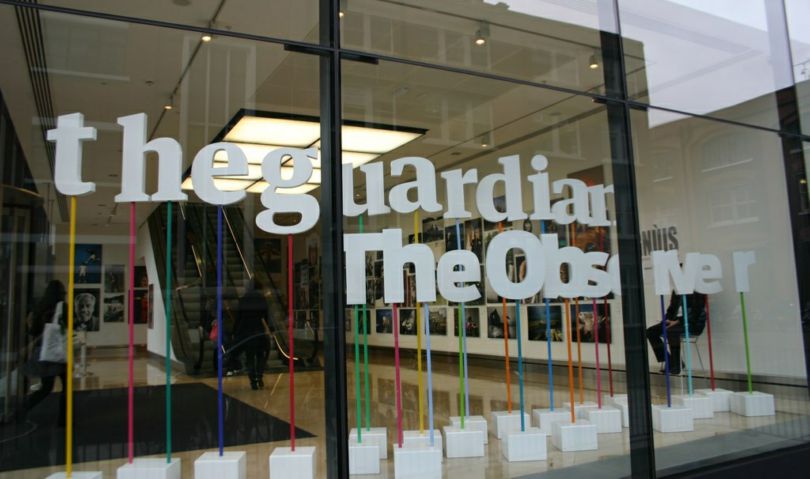Guardian Media Group, publisher of The Guardian and The Observer newspapers and theguardian.com, one of the largest English-speaking newspaper websites in the world, has announced a £75m loss in its annual return for the 12 months to 3 April 2016. The loss was over four times last year’s reported loss.
The group reported underlying earnings before interest, tax, depreciation and amortisation (EBITDA) of -£63m on revenues of £210m (€250m) amid turbulent trading conditions and advertising volatility.
The Guardian’s global audience and influence continue to grow, with theguardian.com reaching over 155 million unique monthly browsers in April 2016, up from 129 million in April 2015. But GMG faces the same difficulty other media publishers face — how to turn unique visitor numbers into revenue streams.
In 2015/16, digital ad sales declined to £82m from £84m despite the big increase in uniques. The Guardian website's success, and the growth of its extraordinary global reach, is down to the fact of 'access all areas' being free at the point of use. But the price charged for ad impressions is being deflated by programmatic ad buying from big media houses.
The Guardian's answer has been a drive to recruit readers as paid-up 'members' of the 'Guardian family', or 'friends of the Guardian', but the company didn't note whether this campaign has met expectations and added anything significant to revenue.
Investment in The Guardian’s operations in the US and Australia has also increased costs, the company said.
GMG’s pre-tax losses were also worsened by a £84m write-down in the value of its stake of Ascential, the magazine and events company. It is also paying about £20m in restructuring costs of severance payments as the company cuts jobs.
In January GMG’s chief executive, David Pemsel, announced plans to cut costs by 20% (about £50m) over the next three years. Pemsel’s plan is to break even at an EBITDA level by 2018/19.
Pemsel commented: "Faced with a volatile advertising market, we have taken decisive action to control our cost base, reduce headcount, and grow our revenues around membership, branded content, video and data.
"We are on track to deliver a 20% reduction in our cost base over the next three years, while our unique ownership structure will allow us to continue to invest in the world-class journalism that these numbers clearly show our international audiences want."








